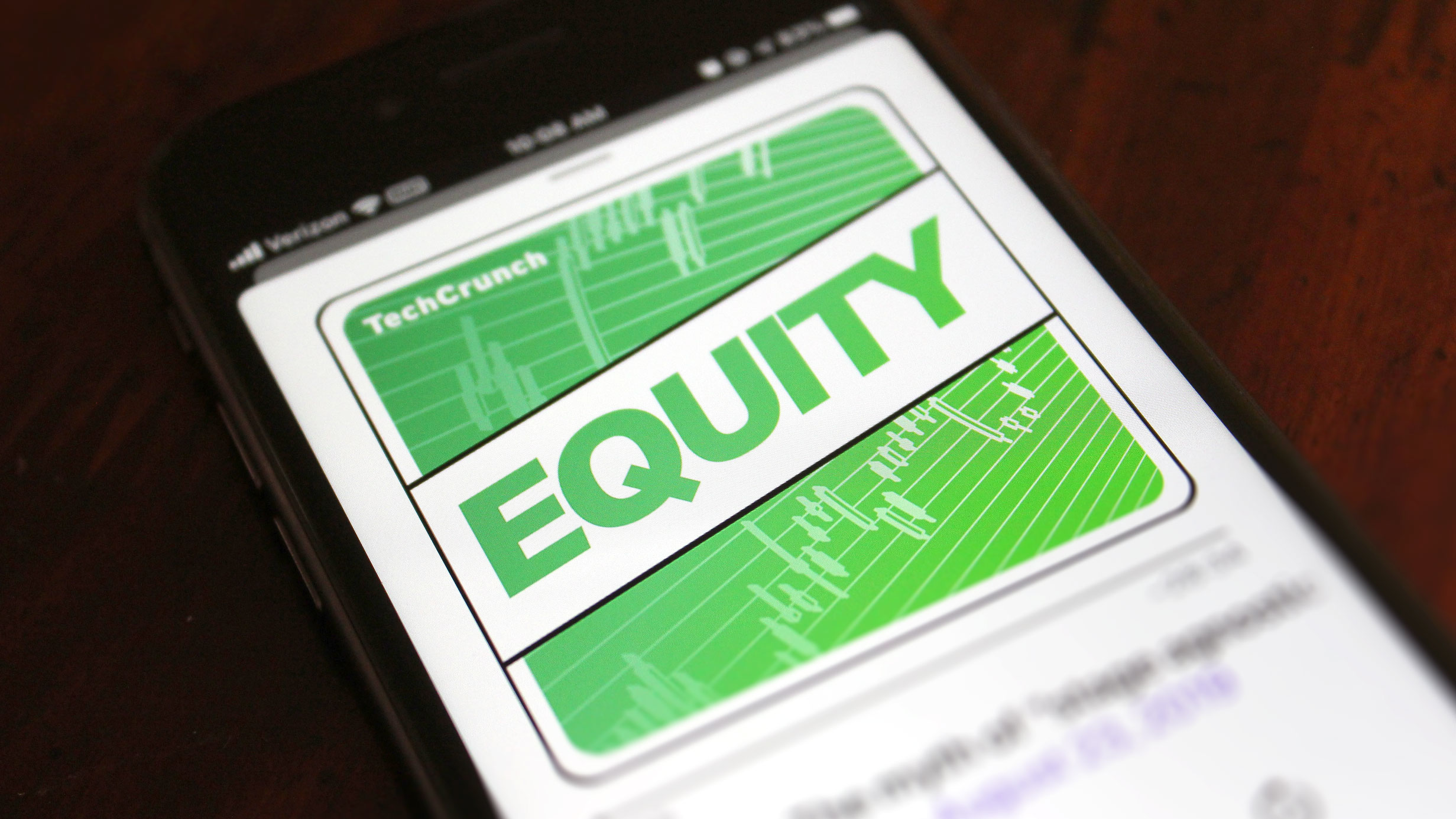Crowdfunding has become a popular method of financing, similar to how Uber and Airbnb have revolutionized the taxi and hotel industries. It involves raising money from a large number of individuals, usually through online platforms, to fund a business, startup, or personal initiative.
There are four main types of crowdfunding. Reward-based crowdfunding involves backers receiving a tangible item or service in return for their investment. Equity crowdfunding allows investors to receive a stake in the company. Debt crowdfunding, also known as peer-to-peer lending, involves backers lending money to the project with the expectation of repayment with interest. Donation-based crowdfunding allows people to donate to causes or organizations without expecting anything in return.
Instead of relying on traditional sources of funding like banks or venture capitalists, crowdfunding allows startups to raise funds from the public. It also provides an opportunity for market validation, as successful campaigns indicate demand for the product or service. Additionally, crowdfunding can serve as a marketing campaign, attracting customers, investors, and media attention. It can also help build a community of early adopters who provide valuable feedback and support.
However, there are challenges and downsides to crowdfunding. Running a successful campaign requires significant effort and can be costly. Sharing an idea publicly exposes it to potential competitors and criticism. Meeting obligations to backers, such as delivering products, can be challenging for startups. Crowdfunding platforms also charge fees based on the funds raised, which can impact the amount received.
To run a successful crowdfunding campaign, it is important to have a unique and well-conceived product that addresses a market need. Understanding the economics of production and pricing products appropriately is crucial. Crafting a compelling story that resonates with potential backers is essential. Managing expectations and being transparent about potential risks and challenges builds trust. Seeking help from experts in marketing, product development, manufacturing, and logistics can enhance the quality and appeal of the campaign. Finally, sharing experiences and supporting other crowdfunding campaigns contributes to the sense of community within the industry.



